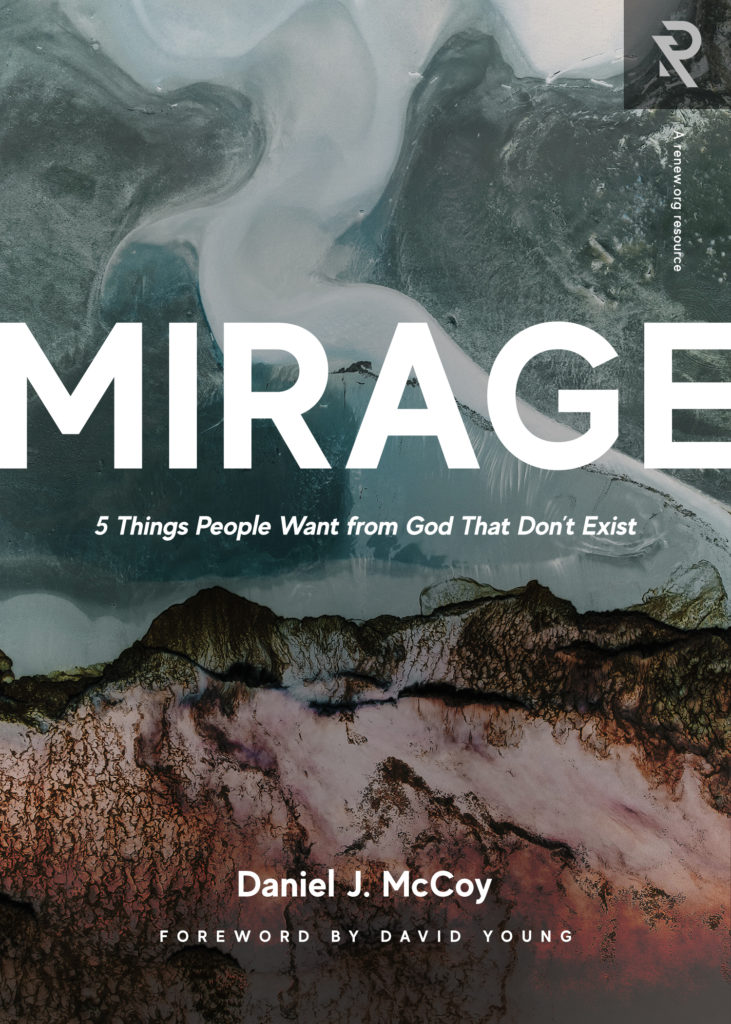
The TikTok Challenge and a New Authority Over Gen Zers
I’ve changed my mind. At first, I was annoyed with a video title I saw about a viral TikTok challenge, but I’ve come around to agreeing with the title. Trevor Noah, host of The Daily Show, the longest running program on Comedy Central, called the segment “This New TikTok Challenge Is Making Kids Vandalize Schools.” Nope, I thought. It’s not making them do anything. They have the ability to make their own choices. But now I think he’s right.
Noah tried to make the segment funny, but it wasn’t going to be so. The topic was a monthly TikTok challenge through which kids try to go viral by doing something reckless and wrong on camera. In September, the goal was “devious licks,” meaning that kids recorded themselves stealing or vandalizing, primarily in their schools. October’s challenge would go on to make September’s look like a preteen version. October’s “slap-a-teacher” challenge resulted in teachers getting roughed up, including an 18-year-old girl punching her 64-year-old, disabled teacher over and over, sending her to the hospital.
It’s true that kids make their own decisions. I’m not for a second going to paint vandals as victims. Yet there is a sense in which the video title is chillingly correct: This new TikTok challenge is making kids vandalize schools. How so? They are “made to” do things in the sense of being told to do them by a person in authority. What person in authority could possibly be telling them to act so bizarrely? Surely not the principal who warned them against destruction of property. Surely not the teacher who got sent to the hospital.
But a new authority has arisen.
The 18-year-old assaulter might have been looking at the teacher, but she was dutifully performing for a different authority figure. This authority figure is tricky to decipher, as it’s basically a dopamine-drunk digitized mob finishing one mug only to shout, “More!” Think about it. What kind of a master must this be that kids have to do the shameless and illegal in order to make it turn, take notice, and roar a half-moment of approval?
There’s a Netflix documentary called The Social Dilemma which unveils something of a Frankenstein’s monster that big tech has created. Mary Shelley’s novel Frankenstein describes a similar march of progress later followed by the horror of realization: “The moon gazed on my midnight labours, while, with unrelaxed and breathless eagerness, I pursued nature to her hiding-places.” Although he felt driven to create the monster, once he had done so, the novel from then on was managing one catastrophe after another without a resolution even at the end.
The documentary likewise ends without a resolution, showing how some of the Silicon Valley brains behind social media have admitted to going from “Aha!” to “Uh oh.” A former Facebook and Pinterest exec explains how he would get home from what he was creating at the office, log into his product as a user, and realize that the product was starting to manipulate its creator.
If its creator finds himself being manipulated, imagine being a kid trying to fill a hole in his soul with the phone in his hand.
C.S. Lewis wrote a spiritual autobiography in the form of an allegory which he called Pilgrim’s Regress. There’s a jolting moment in the book when the main character (John) is captured and led to a dungeon at the foot of a mountain. John looks up and studies the mountain when his captor remarks, “You would like that thing in front of us to be a mountain; that is why you think it is a mountain.” Confused, he keeps looking and discovers that he is not looking at a mountain at all but at an enormous stone giant. “And then in my nightmare I thought John became like a terrified child and put his hands over his eyes not to see the giant.”
For our young, social media seems to be more than a mountain to scale to discover peaks of identity, worth, and love. That’s more than tragedy enough. But the mountain is seeming more and more to resemble a living authority in their lives. It’s become a master, capricious and unappeasable—a Caesar of sorts, greedy to watch games of life and death and to raise or lower the thumb at a whim.
If kids can learn to disregard one authority figure to please another, perhaps their eyes can be opened to what’s going on, and they can turn on the tyrant, willfully disregard his threats, and train their eyes on King Jesus. Anything they’re really looking for is found in him. They’ve got to be tired. When they know it, may they really hear Jesus’ invitation for them:
“Come to me, all who are weary and burdened, and I will give you rest.” Take my yoke upon you and learn from me, for I am gentle and humble in heart, and you will find rest for your souls.”








